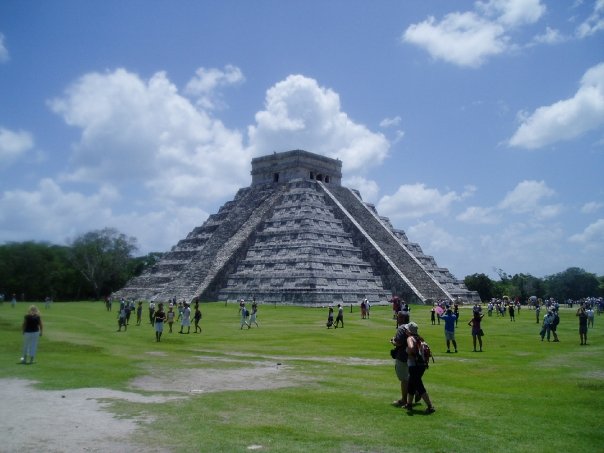Every society develops a set of codes and behaviors which makes up part of what we call culture. While some of these remain informal, some will eventually be enforced by a code of law. It is the differences between cultures and how the people interact in those cultures that can drive your stories or make the setting more interesting.
Codes of law either promote or punish certain behaviors. Which behaviors depend on the culture. For example, Myos celebrates the Pantheistic religion and forbids all others. Iola forbids all religious expression. Elandil allows the worship of several different religions. Nokolai promotes Spiritualism to the exclusion of all others.
People are generally blind to inconsistencies within their worldviews, which will be reflected in their laws. The USA has always considered itself the land of the free, but allowed slavery and Jim Crow. The Soviet Union believed they were promoting economic freedom. We’re also pretty illogical, so that should also be reflected legally.
Perhaps in your setting women are the only people allowed to read (as in the Way of Kings by Brandon Sanderson), take care of accounting (as in Game of Thrones by George RR Martin), or be the Oracle of Delphi (as in ancient Greece). Certain classes may have more rights than others, such as upper classes being allowed to own land while the lower classes are not. Even particular individuals may have a specific right that no one else has. Jesters were commonly the only people allowed to criticize anyone, even the king, without repercussion. Members of Congress cannot be arrested or detained if they are going to vote.
In the best settings, these aspects add to the feel of the world. They should drive some of the sub-plots or even part of the main plot of the story. Only men with the blood of Numenor can become the King of Gondor in JRR Tolkein’s The Lord of the Rings. But, the last Numenoran king fell because of the one ring’s betrayal. This, in part, sets up the entire plot of the book, as well as provides a driving force for Aragorn’s plot line, since he’s the last of the line of kings.
Be careful not to make your setting so different from what people are used to that they are pulled out of the story. It might be really interesting to you to have a complete anarchy that’s somehow peaceful, but we’ve never seen one. The society must also emerge through the storytelling, not take the place of the story itself. The history of Chromeria in Brent Weeks Lightbringer series is very interesting, but if you started reading only that, you’d probably be bored to death.
Next week, I’ll talk about how the arts and humanities feature in your setting. See you next week!


